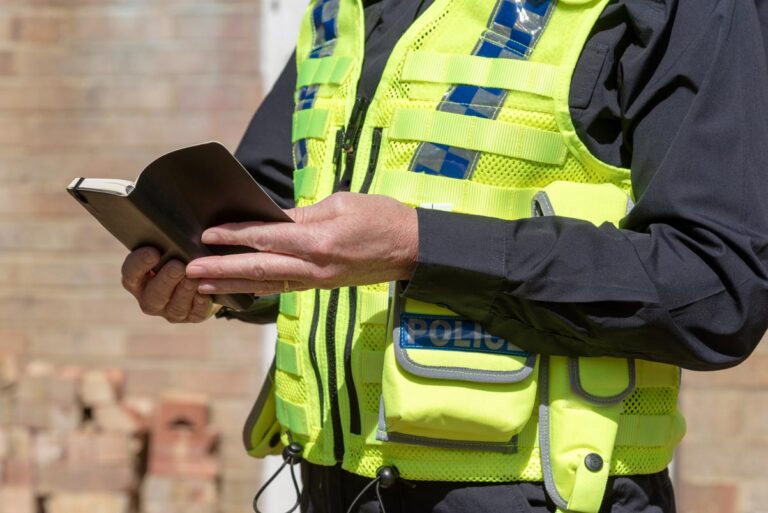Figures published in July 2018 by NHS Digital showed that almost 400,000 under-19s were being treated for mental health problems in April – “active referrals” – in a rise of almost a third compared to the same month two years ago.
It found that the numbers being treated for conditions including anxiety, depression and eating disorders was rising significantly.
Of the 50,000 children and teenagers being referred for mental health treatment by GPs each month, about 900 were for eating disorders, chiefly anorexia nervosa.
Various factors were attributable for this rise, experts said, including the prevalence of social media, the pressure to do well at school, issues around body image and troubled family backgrounds.
But demand for frontline help is outstripping supply. NHS England estimates that only one in four of under-18s who needed mental health treatment received it, with the majority turned away at triage stage.
Chair of the child and adolescent faculty at the Royal College of Psychiatrists Dr Bernadka Dubicka said: “To treat such a large group, we need a greater workforce. Current demand is far outstripping supply. [The number of] child and adolescent psychiatrists fell by 6.6% between May 2013 and May 2017.”
Campaigns director at mental health charity Young Minds, Tom Madders, described the published figures as “a stark reminder of the extent of the mental health crisis”, pointing out that more children than ever before were attempting to access mental health services.
“We know that many more families can’t get the support they need,” he said. “Every day we hear from parents whose children have waited months for an assessment, been turned down for treatment or been told by their GPs that there’s no point asking for a referral because services in their area are so overstretched.”
Head of the NHS, Simon Stevens, pointed to relaxed attitudes towards cannabis, saying that efforts to have it legalised for medicinal use should stay away from legalising recreational use by the back door, stressing that over-use can lead to psychosis.
He also pointed out that the exponential rise in use of social media among children and teenagers in recent years had brought problems: “There is a growing awareness that alongside some of the positive aspects of children’s online experience and social media, there are some important negatives,” he said.
Those of you working on the frontline will recognise some of the issues being cited for this fairly dramatic rise in the incidence of mental health issues among this vulnerable group. Bearing in mind that numbers of children’s psychiatrists has fallen significantly, promises by the government that it has the problem in hand might seem like the old case of “jam tomorrow”…
Check out our Mental Health and Care Act training courses here…
